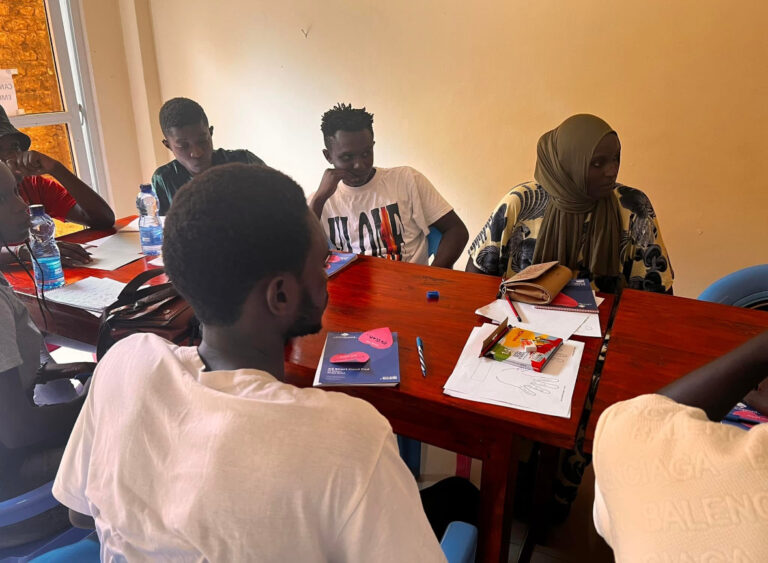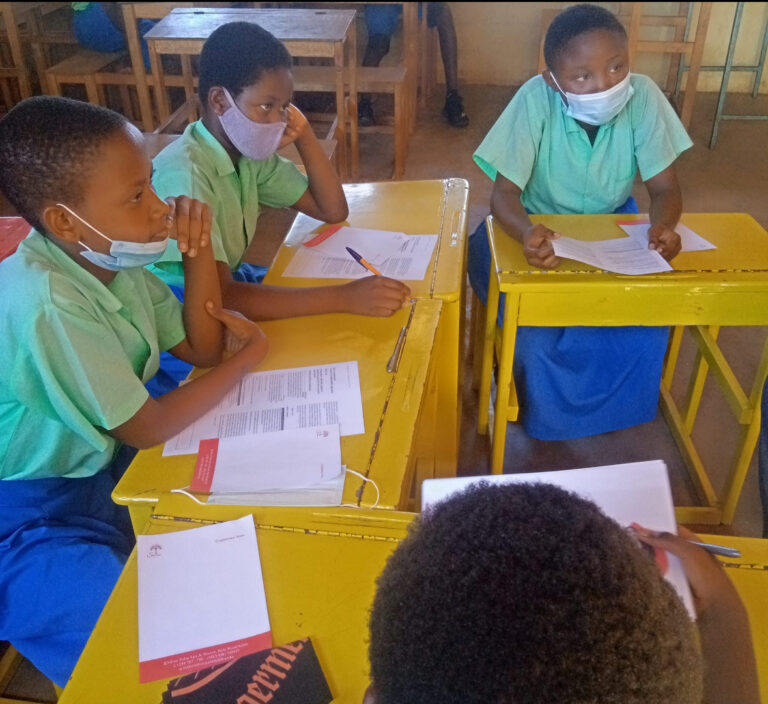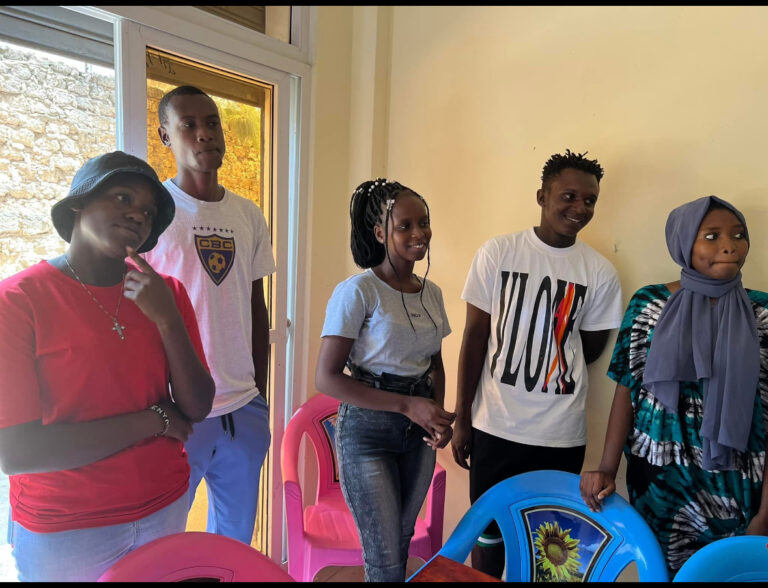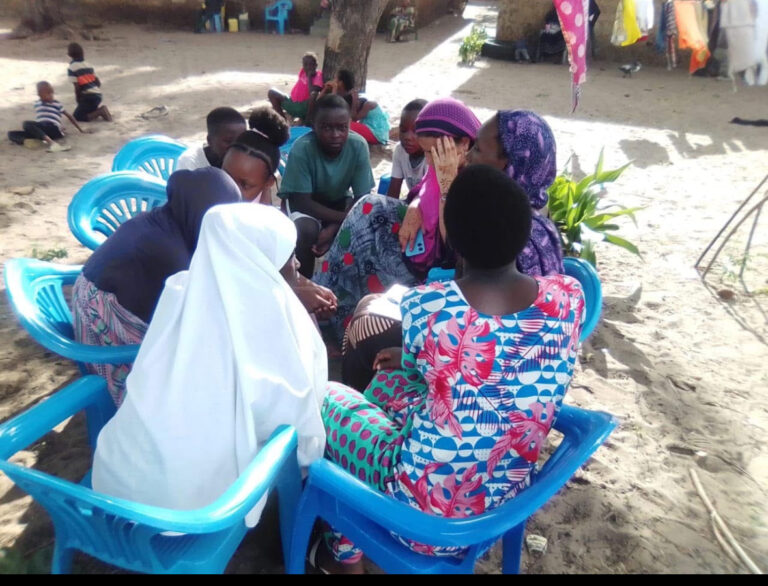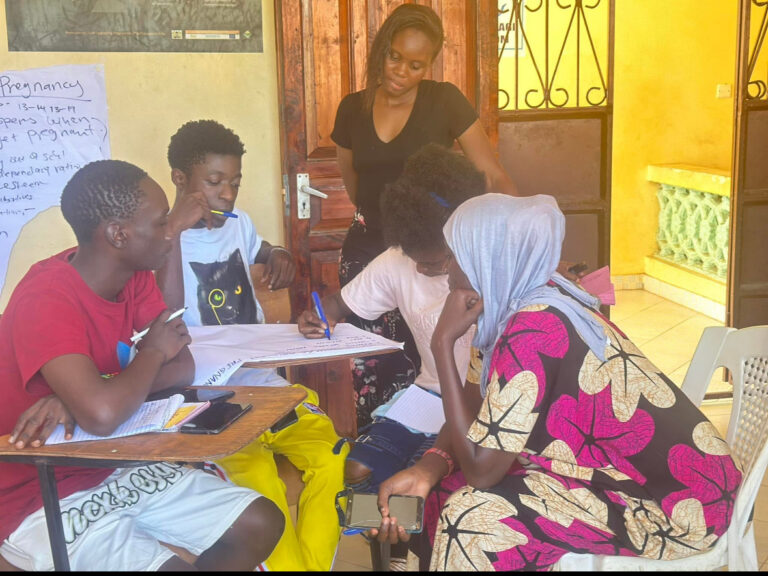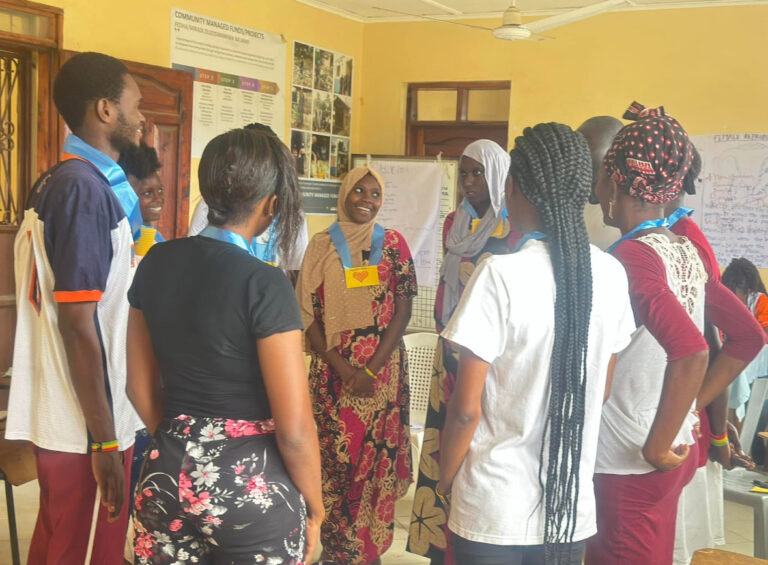Menstrual Hygiene

Strategic Objectives
- To ensure that menstruation can be discussed without shame and discrimination and women and girls have access to information and services based on their individual contexts and specific needs.
- To ensure that myths, taboos and stigma around menstruation are addressed by providing women, girls, men and boys access to information on menstruation.
The Current Situation on Menstrual health in Kilifi County is compounded by taboos and cultural practices. The ‘culture of silence’ surrounding the topic of MHM stifles women and girls’ ability to express their sexuality and hinders their participation which is a fundamental human rights principle. Women’s and girls’ voices are indispensable to ensuring that their needs are understood and prioritized. This includes material and privacy requirements for Menstrual Hygiene Management. Policies and special measures need to be adopted to tackle gender inequalities in practice and strengthen women’s voice and participation. Minimal attention is given to Menstrual Health and Hygiene with adolescent girls and boys reporting that it is shameful to discuss menstruation.
Project Impact
- Reduction of period stigma for the adolescents and young girls in Kilifi County.
- Increased of and improved knowledge andknowledge, information and awareness of menstruation and MHM across different genders within the Kilifi County.
- Increased in adolescent and girls school attendance, retention and transition to higher levels of learning.
- Enhanced role of men in championing Menstrual Health Management in Kilifi County.
- Increased more partners who work on Menstruation Health Awareness and Hygiene Management programs. (This both for private and public sectors).

